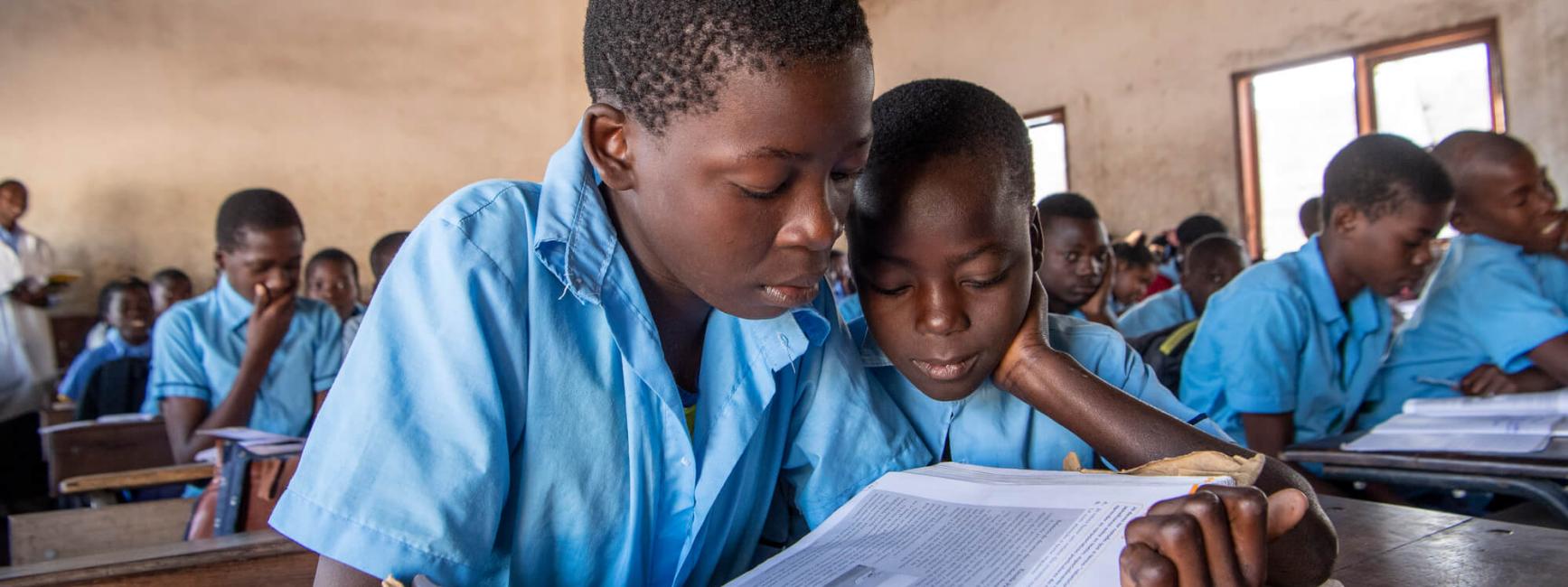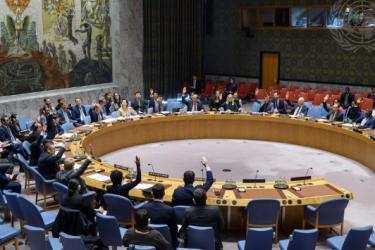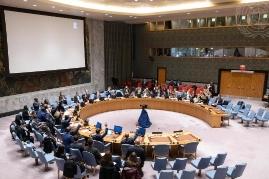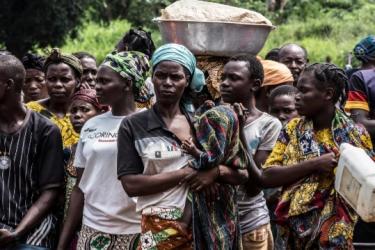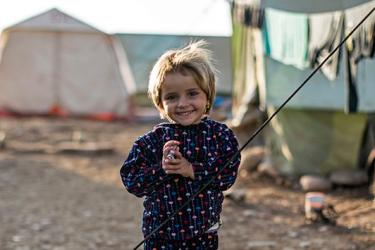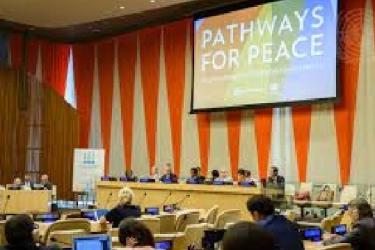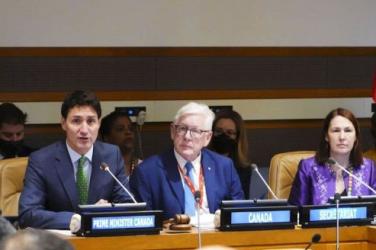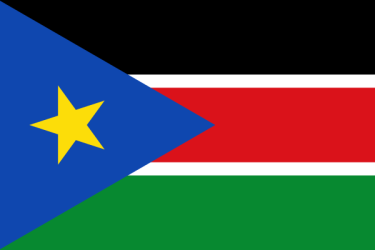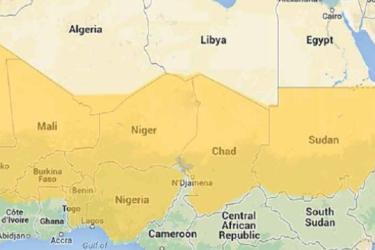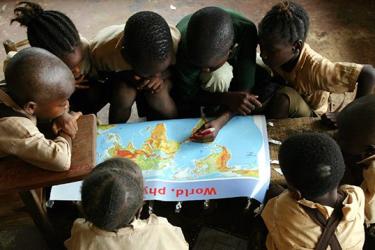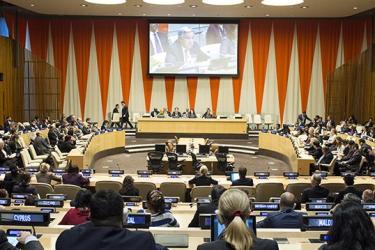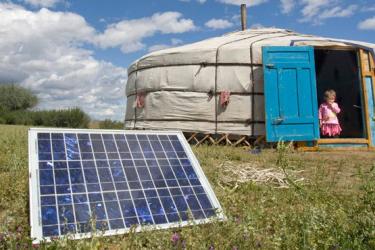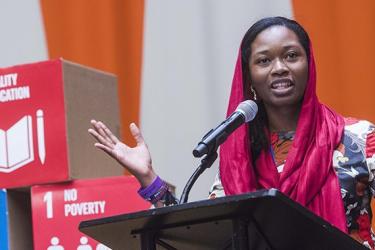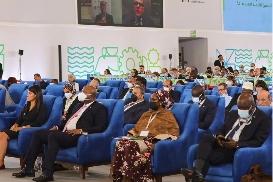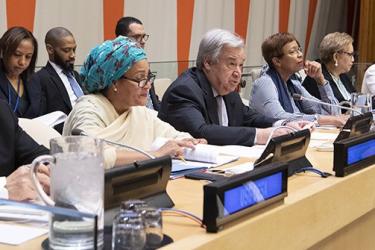Promoting peaceful and inclusive societies and coordinating support to countries emerging from conflict
The contribution of the Economic and Social Council (ECOSOC) to conflict prevention and peacebuilding emerged in the early 1990s when there was a shared recognition by the security Council, the General Assembly and ECOSOC itself of the need for a comprehensive approach to these issues and for coordinated support to countries emerging from conflict. Throughout the years, ECOSOC has played an “avant-garde” role in developing mechanisms to respond to the problems faced by countries emerging from conflict and to assist them on their path to development. In 2002, the Council established the ECOSOC Ad Hoc Advisory Groups to help define long-term programmes of support for countries emerging from conflict and created two groups on Guinea-Bissau (created in October 2002) and on Burundi (created in July 2003). While the mandates of the two Groups have been terminated as the peacebuilding challenges of these countries are now being addressed by the Peacebuilding Commission (PBC).
The 2030 Agenda for Sustainable Development, among others, recognizes the need to promote peaceful and inclusive societies for sustainable development, provide access to justice for all and build effective, accountable and inclusive institutions at all levels. The entire 2030 Agenda provides the framework to address the root causes of conflicts and reversals into conflict. ECOSOC’s work at the intersection of peace and development is essential for achieving the SDGs.
Moreover, the 2030 Agenda and the SDGs set out not just to meet needs, but to reduce risk, vulnerability and overall levels of need in an effort to realize the common vision of a future in which no one is left behind. The United Nations’ ongoing reform process envisions UN entities working in humanitarian, development and peace realms to work more cohesively together, capitalizing on their respective comparative advantages following the recommendations of the 2016 World Humanitarian Summit (WHS) and in line with the 2030 Agenda. Under the “New Way of Working (NWoW)” agreed at the WHS, the various actors are expected to work towards “collective outcomes” that reduce risk and vulnerability and serve as installments towards the achievement of the SDGs.
The Economic and Social Council holds regular discussions on the links between development, humanitarian and peacebuilding in the context of the role of the UN development system. These discussions focus on how the whole of system approach could help the shift from coordinated to integrated approaches to support countries emerging from conflict. The Quadriennial Comprehensive Policy Review (QCPR) emphasized the need to work collaboratively to move beyond short-term assistance towards contributing to longer-term development gains in countries facing humanitarian emergencies, and to improve inter-agency coordination and synergy with the aim to maximize the sustainable impacts, results and effectiveness of support for the implementation of the 2030 Agenda in countries in conflict and post-conflict situations (OP36 (a) of A/RES/75/233).
 Добро пожаловать в ООН!
Добро пожаловать в ООН!
